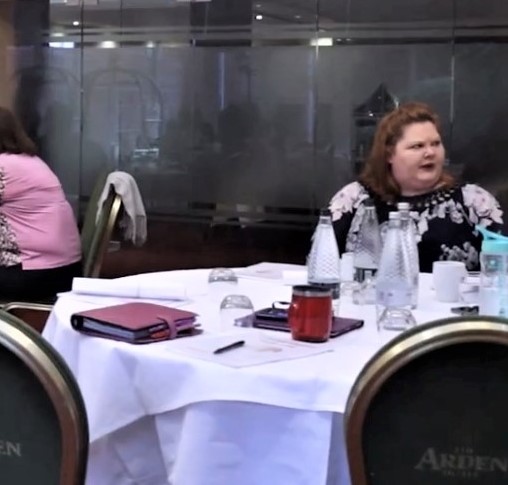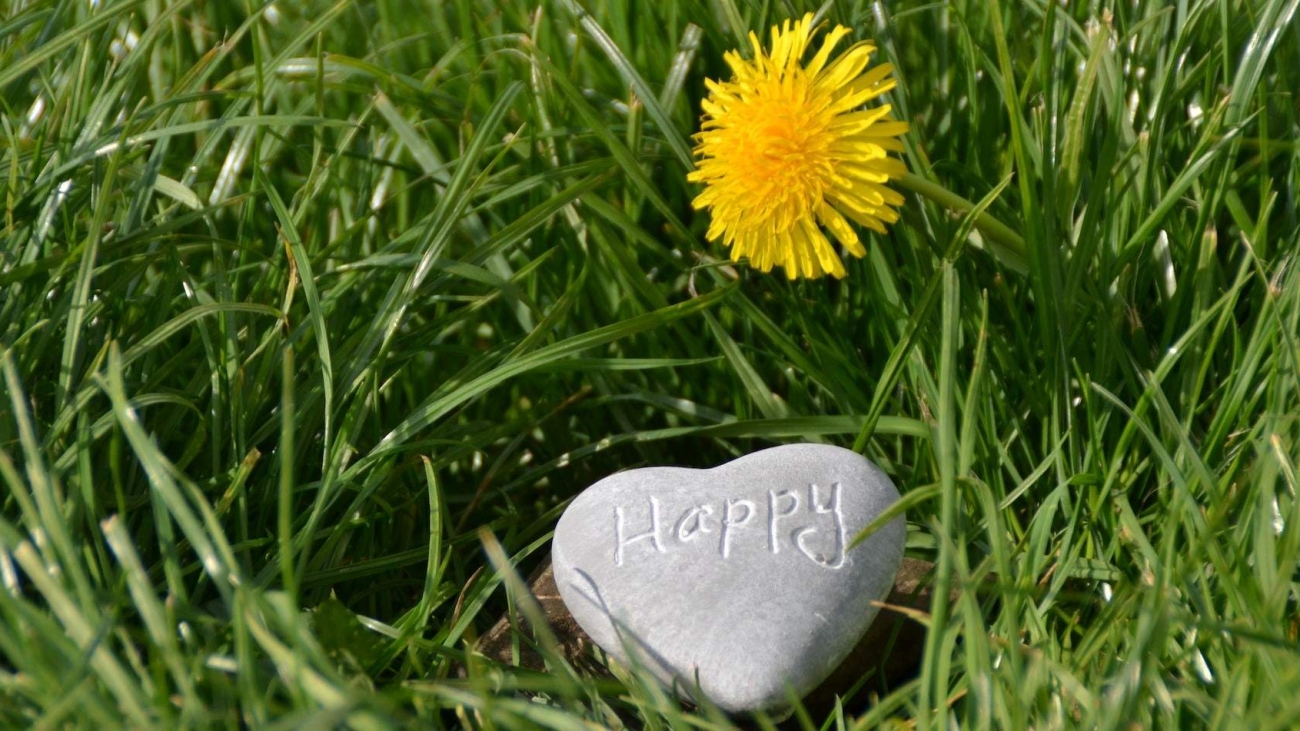I am sure you know I believe in reincarnation. Being an expert in past life regression I would have to be. Basically, reincarnation (also known as rebirth or transmigration) is the idea that a non-physical part of a living being (soul or spirit) begins a new life in a different form or body after death.
Many religions and belief systems support the idea of reincarnation. For example, it is a central tenet of many of the religions of the Indian sub-continent such as Buddhism, Hinduism and Sikhism. It is also common in many pagan, as well as indigenous Americans and Australian, religious groups. And, although not a central tenet, reincarnation is a belief within many streams of modern Judaism.
The majority of Christian and Islamic denominations do not believe that individuals reincarnate. However, there are exceptions such as the Rosicrucians, the Druze and the Cathars. Regardless of specific beliefs in reincarnation, almost all religions believe in some form of afterlife – with god / in paradise or perhaps somewhere or something worse. Meaning that some part of ourselves continues beyond this lifetime.
Now this brings us to the idea of Karma. Essentially, the idea of cause and effect – your intent and actions in this life (cause) influences the future or future lives (effect). So, lead a good life and you may be wealthy in a future life. If you don’t you may come back as an insect. The Jamaican born English professional footballer and manager, John Barnes summarises this very well when he said, “My mother made me believe in reincarnation, in karma. If I live a good life, I believe I will be reincarnated as a higher being. If I live a bad life, I believe I will be reincarnated as a lower being”.
A belief in reincarnation was held by ancient Greek scholars such as Pythagoras, Socrates, and Plato. Also, despite the Roman Empire being converted to Christianity, they were several religious groups within it that believed in reincarnation.
In recent years the idea of reincarnation has become popular in Europe and North America and it is often referenced in contemporary media and literature. Indeed it’s common to hear someone say, “I must have been a… in a previous life” to explain some personal trait or skill. And there may be some real evidence for this. Willie Nelson (American country musician) said, “I started out really young, when I was four, five, six, writing poems, before I could play an instrument. I was writing about things when I was eight or 10 years old that I hadn’t lived long enough to experience. That’s why I also believe in reincarnation, that we were put here with ideas to pass around”.
Now the really exciting news is that it is possible to explore these past lives using past life regression. This can provide fascinating information about the origins of current personality traits as well helping to provide healing and forgiveness for past issues and traumas. If you are interested then contact me.









